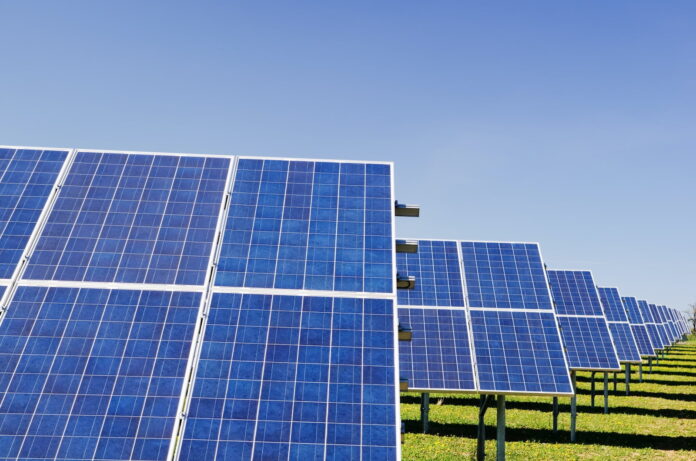As the world grapples with the urgent need to transition to sustainable energy sources, renewable energy cooperatives (co-ops) have emerged as a powerful force for change. By pooling resources and fostering local engagement, these cooperatives are not only promoting the adoption of renewable energy but also empowering communities to shape their energy futures.
Cooperative Energy Explained
Renewable energy co-ops are organizations that are owned and controlled by their members, who are typically local residents or businesses with a shared interest in promoting sustainable energy. These cooperatives operate on the principle of democratic member control, ensuring that each member has a voice in decision-making processes. The cooperative model is adaptable to various renewable energy sources, including wind, solar, hydro, and biomass, allowing communities to harness local energy potential effectively.
Financially, members of a renewable energy co-op contribute capital to fund the development of renewable energy projects. In return, they receive a portion of the benefits, such as the electricity generated or the financial returns from selling power to the grid. This model not only facilitates the spread of renewable energy technologies but also keeps the economic benefits within the community. Furthermore, energy co-ops often reinvest profits back into local projects, enhancing their impact on local development and energy independence.
The success of renewable energy co-ops hinges on their ability to align the interests of individuals and the community. They are designed to be transparent and accountable to their members, fostering a sense of ownership and responsibility towards the cooperative’s goals. By involving members in every stage, from planning to implementation, co-ops ensure that renewable energy projects reflect the community’s needs and aspirations, leading to stronger commitment and support.
Engaging Communities in Renewables
Community engagement is at the heart of the renewable energy co-op model. By involving local residents in the planning and development of renewable energy projects, co-ops can create a sense of shared purpose and collective action. This approach can lead to higher levels of acceptance and support for renewable projects, as community members see tangible benefits to their involvement, such as job creation, lower energy costs, and environmental improvements.
Educational initiatives and outreach programs are essential tools for co-ops in building community awareness and knowledge about the benefits of renewable energy. By demystifying the technology and economics of renewables, co-ops can empower community members to make informed decisions and take an active role in the energy transition. In doing so, they foster a culture of sustainability that extends beyond the cooperative, influencing broader community practices and policies.
Furthermore, renewable energy co-ops can serve as platforms for broader social and environmental objectives, such as tackling energy poverty and promoting social cohesion. By prioritizing inclusivity and equitable access to the benefits of renewable energy, co-ops can address disparities in energy availability and ensure that the transition to sustainable energy is just and comprehensive. This not only strengthens the community’s resilience but also reinforces the social license for renewable energy projects.
Investing Locally for Sustainability
Local investment in renewable energy co-ops is a powerful tool for sustainability. It ensures that the financial benefits of renewable energy projects, such as profits from the sale of electricity, remain within the community, fostering local economic growth and resilience. By investing in renewable energy co-ops, community members can see a direct connection between their contributions and the positive environmental and economic impacts, reinforcing the value of their investment.
Local investment in renewable energy contributes to energy security and independence. Communities that rely on distant or volatile sources of energy can mitigate these risks by investing in local, renewable alternatives. This not only provides a hedge against fluctuating energy prices but also reduces reliance on fossil fuels, contributing to the reduction of greenhouse gas emissions and the fight against climate change.
Lastly, local investment in renewable energy co-ops can serve as a catalyst for innovation and entrepreneurship. As communities become more involved in the energy sector, they can become incubators for new technologies and business models that prioritize sustainability and community benefit. This, in turn, can attract additional investment and create a virtuous cycle of innovation and growth, positioning the community at the forefront of the sustainable energy transition.
Renewable energy cooperatives embody a transformative approach to energy generation and consumption, one that places communities at the center of the sustainable transition. By explaining the cooperative energy model, highlighting the importance of community engagement, and demonstrating the value of local investment, it becomes clear that these organizations are not just about producing clean energy – they’re about building resilient, empowered, and sustainable communities. As the cooperative movement grows, it paves the way for a future where renewable energy is not only commonplace but also a cornerstone of local economies and environmental stewardship. With each cooperative initiative, we move one step closer to a world powered by the people, for the people.
